$19.80
It has an antiseptic, antibacterial and invigorating effect. For the prevention of colds.
It has an antiseptic, antibacterial and invigorating effect. For the prevention of colds.
Breath of Breath® is a composition of 6 natural pure essential oils and levomenthol. They have antiseptic, anti-inflammatory and tonic properties. Pairs of essential oils disinfect the inhaled air and thereby prevent the entry of pathogenic viruses and bacteria into the body.
In the cold season, the pathogenic microorganisms “move” from a sick person to a healthy person by air. Therefore, the flu and other colds spread so quickly: everyone breathes everywhere.
Essential oils with bactericidal and antiviral properties during evaporation destroy bacteria and viruses in the air around us. As a result, the risk of infection is dramatically reduced. In addition, inhaling the air with vapors of essential oils, we also disinfect the respiratory tract, the so-called “entrance gate of infection”.
Mode of application:
Houses:
- Apply 4-6 drops to paper napkins and leave in rooms.
- At night, you can put a napkin at the head of the head, drop 2-3 drops on the edge of the pillow or on a soft toy, with which the child sleeps.
On the street, in public transport, shops, etc .:
- Before leaving the house, put on a scarf or collar outerwear, where they are not in contact with the skin, 2-3 drops of oil for the child or 3-5 drops of oil for adults.
At work, at school and kindergarten:
- For adults: Dampen a napkin with oil and place it next to it.
- For children: Apply 2–4 drops of oil to a handkerchief and put it in your child’s breast pocket.
Studies have shown that the use of oil Breathe®:
- Reduces the number of cases of SARS by 65%.
- 3 times reduces the number of days missed due to illness.
- 70% reduces swelling of the nasal mucosa.
- 82% reduces the amount of discharge from the nose.
Composition:
Levomenthol is isolated from mint oil. Used to relieve symptoms of colds (headache, rhinitis) due to the analgesic and antispasmodic properties of levomenthol. Also, levomentol has antibacterial, anti-inflammatory, and analgesic effects.
Eucalyptus oil is obtained from the leaves and young branches of an evergreen eucalyptus tree (Eucalyptus globulus), which grows predominantly in Australia, of the myrtle family. There are more than 700 types of eucalyptus, of which about 500 give aromatic oil.
Eucalyptus oil is one of the most popular components of expectorant and antiseptic drugs. It has antiviral, including against the herpes virus, and antibacterial activity. Used in the treatment of infections of the respiratory tract, rhinitis, sinusitis. It has anti-inflammatory, antipyretic and immunostimulating effects.
Cajeput oil is obtained from fresh buds and cajeput leaves (Melaleuca leucadendron). This is a tall evergreen tree of the myrtle (eucalyptus) family, with dense foliage and white flowers, the flexible trunk of which is covered with white bark. In Malaysia, it is called “kadzhu-path”, which means “white tree”.
Caeputa essential oil has a fresh, tart, grassy aroma. In the East, it is traditionally used as a treatment for colds, headaches and toothaches. It has anti-inflammatory and tonic effect. Popular for the treatment of inflammation of the ear, nasopharynx (sore throats, pharyngitis, rhinitis), as well as the respiratory system (bronchitis, pneumonia). Used as an antiseptic.
Wintergreen oil is an oil obtained from lying leaves (Gaultheria progumbens), plants of the heather family, with creeping stems, upright shoots, leathery leaves and wilted white flowers that give juicy scarlet berries.
The main properties of the oil – anti-inflammatory and analgesic. Winterhirin oil is used for chronic respiratory diseases.
Juniper oil is obtained from fresh or slightly dried dark juniper berries (Juniperus communis) – shrubs from the cypress family, growing throughout Europe and in Asia. According to the bactericidal properties of juniper needles is unparalleled. One hectare of juniper forest per day is able to heal the air of the whole city. Therefore, in Central Asia, for example, dressings impregnated with juniper essential oil were applied to fresh and festering wounds, and they also sterilized catgut – the threads with which these wounds were stitched. And among the North American Indians there was an original way to cure patients with tuberculosis – they were settled in the juniper bushes until they were completely cured.
Juniper berries and oil are used everywhere not only as a seasoning and flavoring (juniper tincture, gin, smoked meats), but also in herbal medicine and pharmacy.
Juniper oil is used as an antibacterial and antifungal agent, has a softening, expectorant and anti-inflammatory effect on the respiratory organs, increases the body’s resistance.
Clove oil is obtained from the evergreen clove flower buds (Eugenia caryophyllata) of the myrtle family, which form flowering fragrant flower buds (buds) during flowering. As soon as they get a pinkish color, they are torn off and dried in the sun. The resulting “carnations” are very similar to small nails, hence, probably, their Russian name. They have been used since ancient times as a medicine and bactericidal agent, as well as a spice and aromatic component in the production of perfumery and cosmetic products.
Clove essential oil is light, fluid, with a strong spicy smell and burning taste. It is used as an antiseptic, due to its high antibacterial and antiviral activity, in the prevention of influenza and ARVI during epidemics of these airborne infections.
Clove oil has pronounced anti-inflammatory and analgesic properties. It is used in the treatment of diseases of the upper respiratory tract, pneumonia, bronchitis.
Mint – one of the oldest medicines. Hippocrates, Paracelsus, Avicenna wrote about the healing properties of this plant. Since ancient times, mint has been cultivated in China and Japan. Mint was found in Egyptian tombs built a thousand years before our era. Peppermint oil has tonic, anti-inflammatory, antiseptic, immunomodulating and bronchodilator properties. It has a positive effect on the respiratory system: restores the function of the ciliated epithelium of the respiratory tract, relieves bronchospasm. In infectious and inflammatory diseases of the nasopharynx and upper respiratory tract, mint oil is traditionally used as a strong antiseptic. In addition, the smell of mint with colds has its own beneficial properties – helps to improve overall well-being: helps relieve headaches, normalizes body temperature, eliminates the feeling of discomfort.
Release form:
Bottle of 10 ml of dark glass with a dropper.
Shelf life:
3 years from date of manufacture.
Precautionary measures:
Do not apply on mucous membranes and damaged skin. In case of contact with eyes, rinse thoroughly with water. If Dyshi® oil causes you to have an unusual reaction, consult your doctor. Do not use after the expiration date on the packaging.
There are CONTRAINDICATIONS. BEFORE APPLICATION READ THE INSTRUCTIONS.

| Weight | 0.1 kg |
|---|



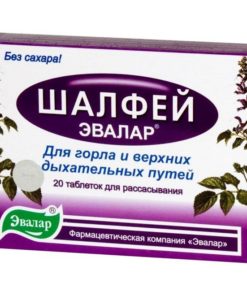
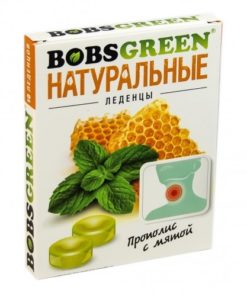
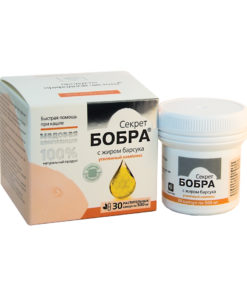


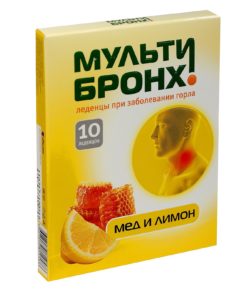
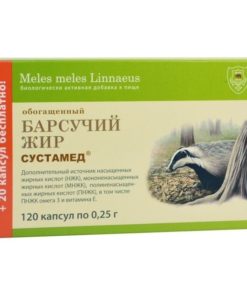
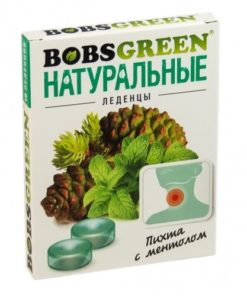
Reviews
There are no reviews yet.